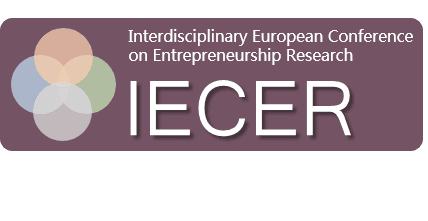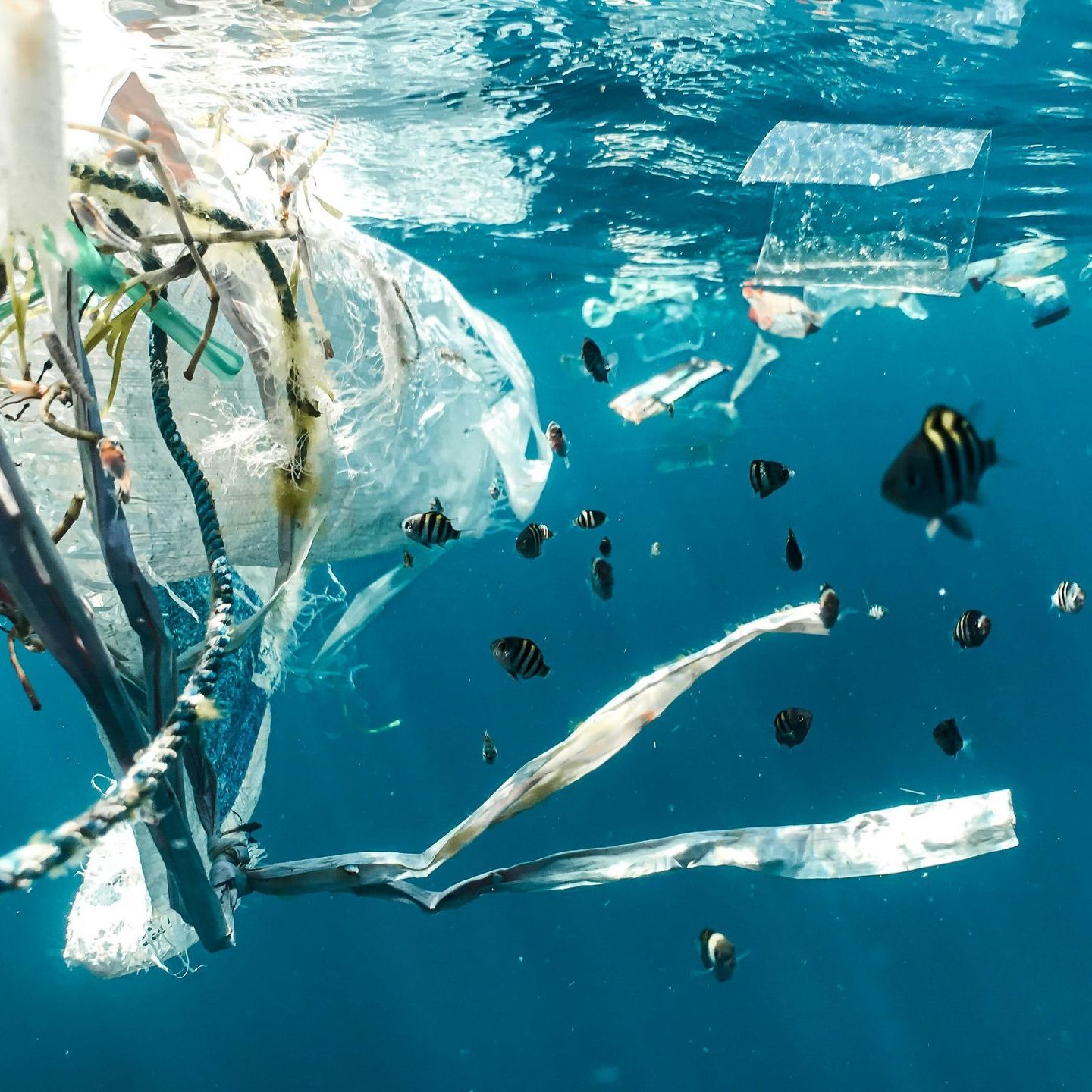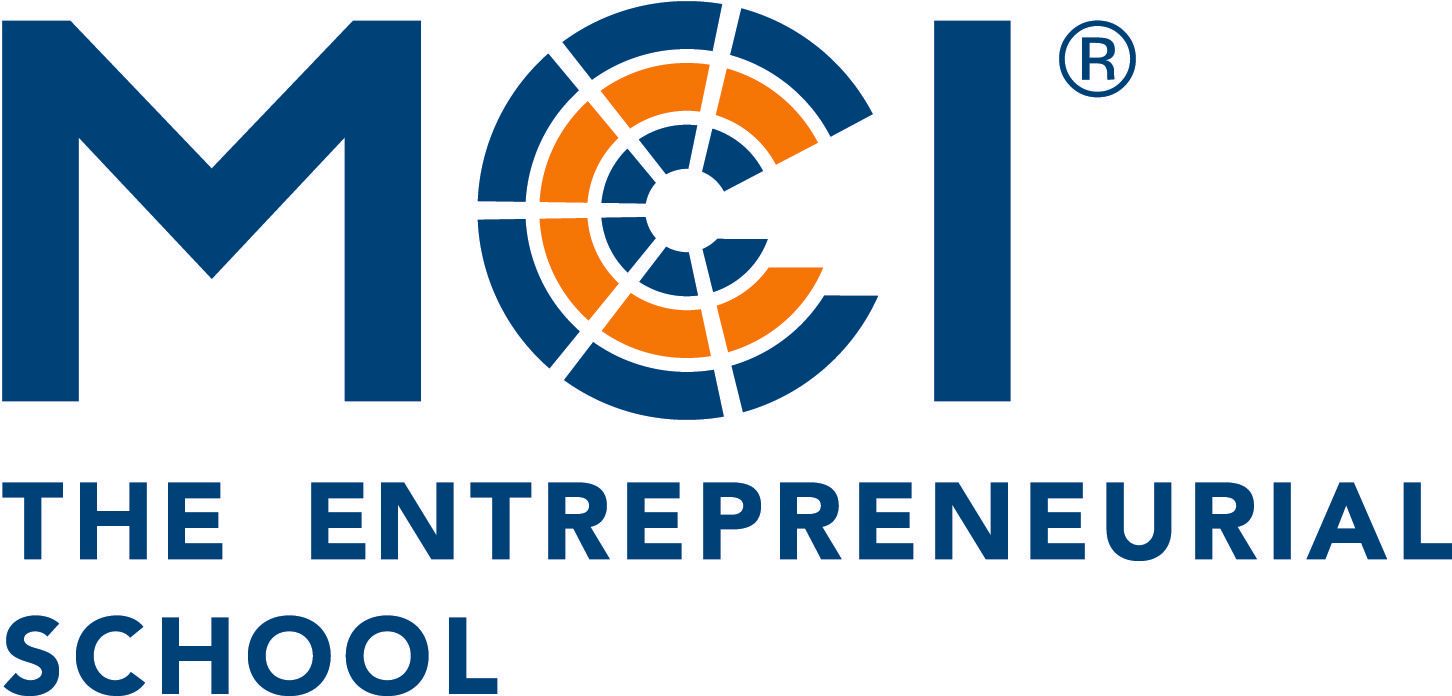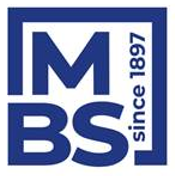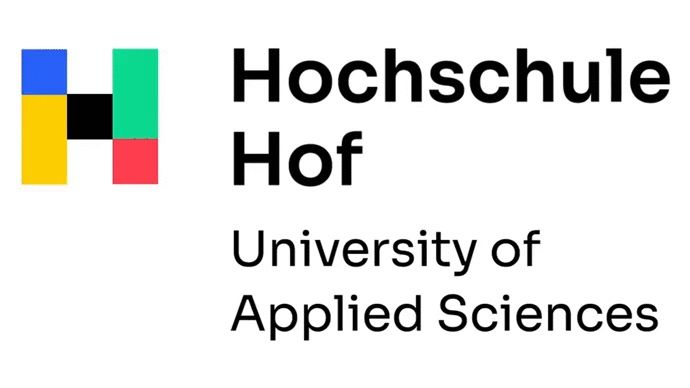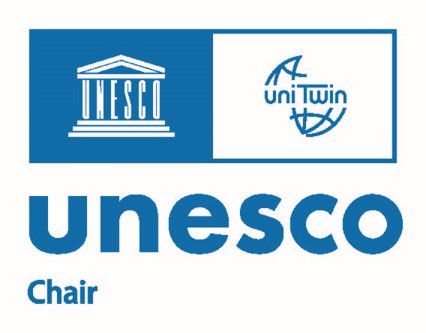Neuer Text
CALL FOR PAPERS
Abstract, Research-in-Progress, Full Paper:
submission extended until January 31st 2025!
Be part of the 23rd IE CER - the interdisciplinary gathering of scholars in Iceland around this year's conference topic:
RELATIONS, WELL-BEING, PURPOSE
#01 - Academic Entrepreneurship
The critical role of academic entrepreneurship in advancing technological innovation and boosting local and national economic growth is widely recognized. As a result, universities worldwide are implementing significant measures to foster an entrepreneurial mindset. This shift has led to universities accepting more contract-based research, patenting, licensing, and spin-off activities to promote the commercialization of academic research.
#02 - cultural and creative entrepreneurship
Cultural and creative entrepreneurship (CCE) has become a topic of great interest in debates about innovation and growth in the context of the creative industries, and is an emerging area in the broader entrepreneurship agenda in academia. In part, the arts, culture, and creative sector has been particularly affected by the COVID pandemic. In another part, the creative industries in particular have contributed sustainable innovations to overcome the crisis with them innovative and creative solutions.
#03 - Entrepreneurial and alternative Finance
Addressing challenges in our dynamic economies such as the sustainability and energy transition and digital and biotech revolution, requires entrepreneurs and small firms that commercialise novel and disruptive technologies. Start-ups and small- and medium-sized firms (SMEs) are, however, often highly capital-constrained. Especially, in a war scenario and post-COVID period entrepreneurs require funding to pivot their business models and tap into new markets.
#04 - ENTREPRENEURIAL WELLBEING
The well-being of individuals is fundamental for psychological functioning and in reverse higher well-being leads to higher productivity. In the last few years, a lively debate in research on entrepreneurship has emerged that deals with the question: how entrepreneurship affects the well-being of individuals? The current body of literature shows no consensus over whether entrepreneurship leads to higher, less or the same well-being like other occupations.
#05 - Wine and craft beverages: business and entrepreneurship
This track aims to explore the latest research, trends and practices in entrepreneurship and innovation in the wine industry, and may also cover broader wine business topics.
The wine industry has experienced significant growth in recent years, driven by changing consumer preferences, technological advances, and evolving global markets. However, the industry has also been challenged by several pressing phenomena such as healthier lifestyles, labour shortages and rising labour costs, climate change and related natural disasters or new diseases, and most recently the COVID-19 pandemic.
#06 - ENTREPRENEURS, ENTREPRENEURIAL FAMILIES, AND FAMILY FIRMS - Special Topic: SUstainability
This is a general track dedicated to exploring entrepreneurial persons, entrepreneurial teams, entrepreneurial families and family firms from a behavioral perspective. While integrating perspectives from psychology and sociology has a long history in business studies, it is still gaining momentum in the fields of entrepreneurship and family business. The endeavor to decipher entrepreneurial behavior to better understand how and why entrepreneurs decide, act and shape their firms has attracted considerable scholarly energies.
#07 - Futures Thinking & Entrepreneurship
In today worlds characterized by “polycrisis” entrepreneurs need to navigate volatile, uncertain, complex and ambiguous environments (VUCA) as the new normal. Thus, it is ever more vital for them to develop anticipatory and futures skills to be able to deal with the rapidly changing environments they are facing. Therefore, UNESCO´s mission is focusing on innovators´ and entrepreneurs´ futures literacy a new kind of individual capability in future entrepreneurship. Futures literacy is regarded as a determining factor for the successful development and realization of innovative sustainable solutions and businesses that address the UN’s SDGs in the context of dynamic and complex environments.
Download pdf
Download pdf
#08 - Entrepreneurship and Resilience
The COVID-19 epidemic and before that the financial crisis of 2008 has shown us that our economies are vulnerable to shocks. There are two ways to prepare for shocks. The most common approach is to analyse a shock that just occurred and organize to prevent such events from happening again. But that rear-view-mirror approach leads to governments, firms and people fighting the last battle and being taken by surprise when unanticipated shocks occur.
#09 - Dreams in Entrepreneurship: Artificial Intelligence, Crowdfunding, and Future Forms of Business
This track is dedicated to future topics (Artificial Intelligence, Virtual Reality, Augmented Reality, Mixed Reality) and future products (Crowdfunding, Crowdlending, Co-creation) as well as future form economic exchange (Cryptocurrencies, Shared Economy, Circular Cooperatives). A common theme of these topics is that they all relate in one way or another to dreams, such as the non-existent but dreamt of product to be crowdfunded, the fully circular economy, or the dream of light glasses that merge reality with data inflow on a specific topic.
#10 - Entrepreneurship in Crisis
In the era of the Polycrisis, entrepreneurs face a transformative landscape where ongoing challenges like COVID-19 and climate change demand new strategies. Traditional crisis management no longer suffices as crises become recurrent and complex. Existing literature tends to focus on past crisis contexts, overlooking the permanence and complexity of current crises. This track invites papers that explore how entrepreneurship thrives in this new reality by identifying innovative models, alliances, and strategies.
#11 - Makerspaces and Innovation Labs as Catalysts for Entrepreneurship and Innovation
In recent years, the proliferation of makerspaces and innovation labs has significantly influenced the landscape of entrepreneurship, serving as dynamic catalysts that energize and inspire individuals across diverse backgrounds to embark on a transformative journey of creativity and innovation. These specialized environments exemplify principles of experiential learning, collaborative problem-solving, and the collaborative creation of pioneering solutions – all of these are skills for Next Generation Entrepreneurs.
#12 - Entrepreneurship Education
Considered to be invaluable for both professional and personal development, entrepreneurial literacy and skills have gained significant traction globally as essential components for fostering economic development and innovation. Indeed, entrepreneurial education is thought to equip the future generations with the tools to tackle societal problems and address current and upcoming challenges. Given the major developments of entrepreneurship education, this track proposes to discuss current trends in entrepreneurship education as well new avenues for this flourishing stream of research.
#13 - Family Businesses
Family businesses are characterized by their deep-rooted history, strong values, and intimate connection to the community. They represent a fundamental aspect of entrepreneurial culture, embodying the spirit of innovation, risk-taking, and perseverance that are essential to entrepreneurial success. Sustainability has emerged as a central theme, driven by growing awareness of environmental issues, social responsibility, and ethical business practices. Family businesses, with their inherent focus on long-term viability and community engagement, are uniquely positioned to champion sustainability initiatives and drive positive change. This track delves into the multifaceted dimensions where family businesses play a critical role in fostering sustainable practices and driving innovation, ensuring the continuity of their enterprises while positively impacting communities and the environment
#14 - Sustainable Regions and Entrepreneurial Ecosystems
The influence of the entrepreneurial human capital on regional development is a relevant research topic attracting considerable attention in the fields of entrepreneurship, and regional science, and policy decision making, seeking to foster sustainable regional development. However, there is still limited understanding in terms of the best practices and enablers of regional embeddedness, dynamics and change in the multidimensional context of global, national, regional, and local ecosystems, which are fuelled through the investment in entrepreneurial human capital and the effective actions coming from the so-called third mission of universities and, more generally, knowledge actors and transmitters.
#15 - Health Tech Entrepreneurship
The challenges experienced during COVID-19 revealed not only the weak points of the health system worldwide but also became the impetus that stimulated technological development and improvements in health management solutions throughout the supply chain, vaccination, and other areas. Integrating health tech solutions in the daily activities of the health system is critical for improving system robustness, the continuity of treatment, and addressing issues of accessibility and affordability. This track emphasizes the crucial role of start-ups and innovation within the health tech industry, aiming to meet the needs of both patients and practitioners.
#16 - Innovation and Entrepreneurship in the
Blue Economy
With the world’s oceans, seas, and rivers covering more than 70% of the Earth’s surface, they are vital for sustainable development, enabling potential economic growth, environmental conservation, and social well-being. In response to the pressing need for a balanced approach to marine exploitation, particularly in coastal communities, the concept of the ‘blue economy’ was introduced, while also promoting sustainable growth. The term Blue Economy can be defined as “the sustainable industrialisation of the oceans to the benefit of all”. This track explores the mechanisms through which entrepreneurs can harness the potential of the Blue Economy to create resilient, scalable businesses that benefit the marine environment and society.
#17 - Female Entrepreneurship
In the evolving landscape, the prominence of female entrepreneurship garners increasing scholarly attention. First, the Women Dimension. Women exhibit unparalleled levels of education, drive, and determination in their pursuit of entrepreneurial endeavors. Secondly, t he Business Dimension. Navigating in the new normal, demands the integration of diverse approaches, innovative mindsets, and capabilities to enrich the prevailing male-dominated business landscape. Finally, the Ecosystem Dimension. There is an urgent need to cultivate more female role models who can inspire and catalyze the next generation of entrepreneurs and ecosystem stakeholders. This track seeks to elevate the discussion on female entrepreneurship, highlighting the natural strengths of female entrepreneurs and their compatibility with the changing demands of the current entrepreneurial environment.
#18 - International, Intercultural, and Migrant Ent repreneurship
As globalization continues to transform economic landscapes, understanding the subtleties and dynamics of entrepreneurship within intercultural, international, and migratory contexts is becoming increasingly important. Entrepreneurship is a cross-cultural phenomenon that thrives in the midst of many cultures, stimulating economic pr ogress and creativity. This track aims to investigate the complex character of entrepreneurial endeavours started by people negotiating a range of cultural, international, and immigrant experiences. This track treasures conceptual, theoretical, and empirical contributions that illuminate different facets of international, migrant, and intercultural entrepreneurship.
#19 - Luxury, Fashion, Sports, Sustainability, Brands, & Brand Personality
Explore the dynamic interplay of luxury, fashion, sustainability, sports, brands, & brand personality through an entrepreneurial lens. This track seeks cutting-edge research addressing the convergence of these domains, where creativity, consumer behaviour, and innovation shape markets and societal values.
#20 - Effectuation and Entrepreneurial Business Modelling
Entrepreneurial business modelling and effectuation are two interconnected approaches that have gained significant attention in entrepreneurship research.
#21 - Leadership, Strategy, Governance, Organization, & Innovation
We invite scholars to explore the dynamic interplay of leadership, strategy, governance, organization, and innovation through an entrepreneurial lens. This track seeks cutting-edge research addressing the convergence of these domains, where visionary leadership, strategic agility, & innovative practices shape organizations.
Submission Guidelines
Full research papers should have completed analyses and discussion of results. Full papers should be similar to journal submissions.
Papers may conform the IECER submission template.
All submissions must be in Adobe pdf.
Review criteria for full research papers:
- Topic is relevant to the selected track theme.
- Objectives / research questions are clear and well-described.
- Paper is written clearly.
- Paper is well organized and flows logically.
- Literature review is appropriate.
- Methodology is appropriate (if relevant).
- Analyses are appropriate (if relevant).
- Paper makes a useful contribution.
Abstracts & Research-in-Progress Papers
You would like to take part, but your paper is not yet finished? It is Christmas, and the holiday season? Do not worry!
For this, there is the research in progress option. Submit your paper, take part in IECER, and develop your project until the conference.
Research in progress may follow the submission template, but feel free to submit your research in progress paper formatted in your way.
All submissions must be Adobe pdf format.
Review criteria for research-in-progress papers:
- Topic is relevant to the selected track theme.
- Objectives / research questions are clear and well-described.
- Paper is written clearly.
- Paper is well organized and flows logically.
- Literature review is appropriate.
- Methodology is appropriate (only if relevant).
- Analyses are appropriate (only if relevant - research-in-progress papers may not yet have data to analyze).
- Paper has the potential to make a contribution.
